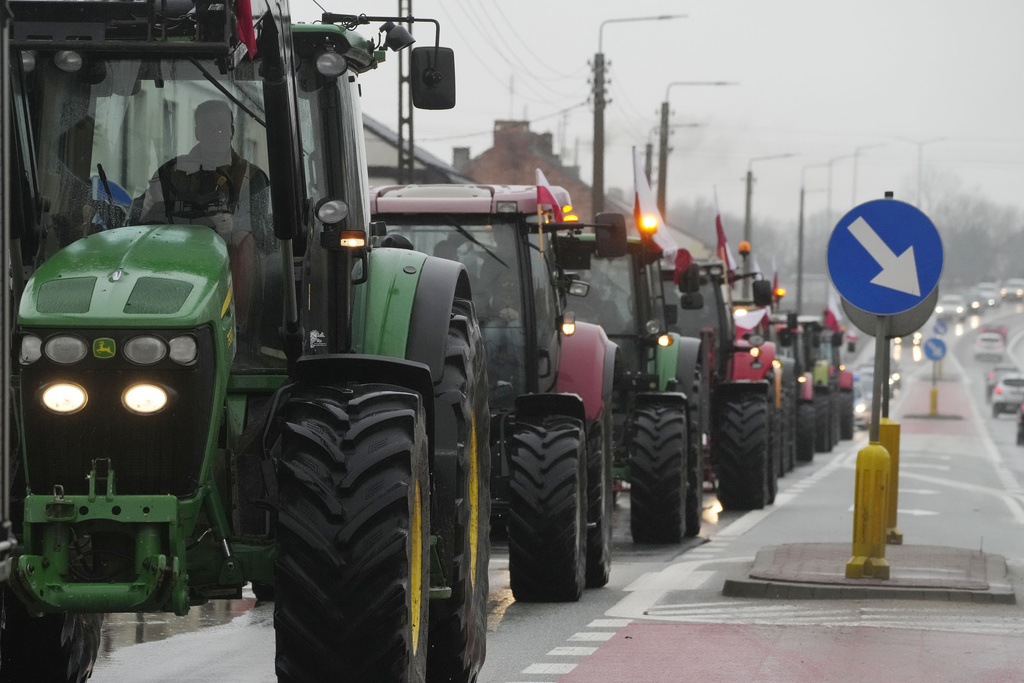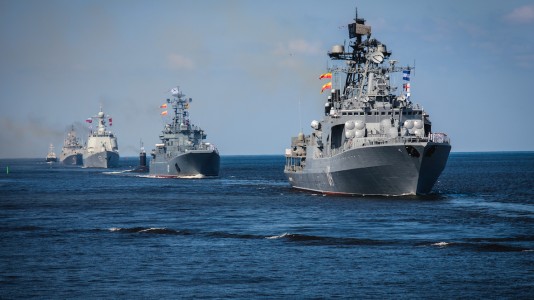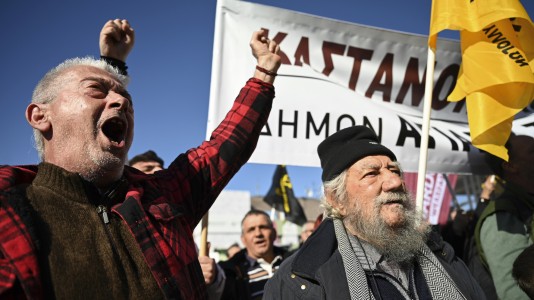Farmers across Poland have declared a general strike, appealing to the public for understanding and awareness that their industry is defending itself against being driven into bankruptcy.
Farmer protests are raging in many European countries, primarily due to the European Commission’s ideologically driven Green Deal policies and the flooding of European markets with agricultural products from international agro-holdings in Ukraine. An agreement between the EU and Kyiv on this matter has just been extended, leading to farmer protests, including in Brussels.
In Poland, the situation is becoming increasingly dramatic. In response, the Trade Union of Individual Farmers “Solidarity” has announced a general strike of farmers throughout the country.
“Our patience has run out,” the farmers say. They point to the European Commission’s stance on Ukrainian agricultural imports. Additionally, the inaction of the Polish authorities and their declarations of cooperation with the European Commission, along with the Polish government’s announcement to respect all decisions regarding the import of agricultural produce and food products from Ukraine, leave them no choice but to declare a general strike.
The strike will begin on Feb. 9 with a blockade of all Polish border crossings with Ukraine, along with road and highway blockades in various provinces.
“We ask our compatriots for understanding and awareness of the situation we all find ourselves in. We are fighting for our common good, which is to prevent the collapse and bankruptcy of Polish family farms, often multi-generational. Where possible, we ask to avoid travel in the affected areas,” the farmers state.
The situation is exacerbated by alarming statements from Brussels. The European Union will need €1.5 trillion per year in investments to achieve its net-zero emissions goal by 2050, according to research supported by EU lawmakers, as reported by Reuters. This week, the European Commission is expected to recommend that the EU reduce its net emissions by 90 percent by 2040 compared to 1990 levels; it will also outline a massive increase in investments needed to set Europe on the path to achieving zero net emissions by 2050.
A separate organization of Polish farmers earlier blocked a key border crossing with Ukraine, but the protest was suspended on Jan. 6 after the new left-liberal government agreed to its demands.






